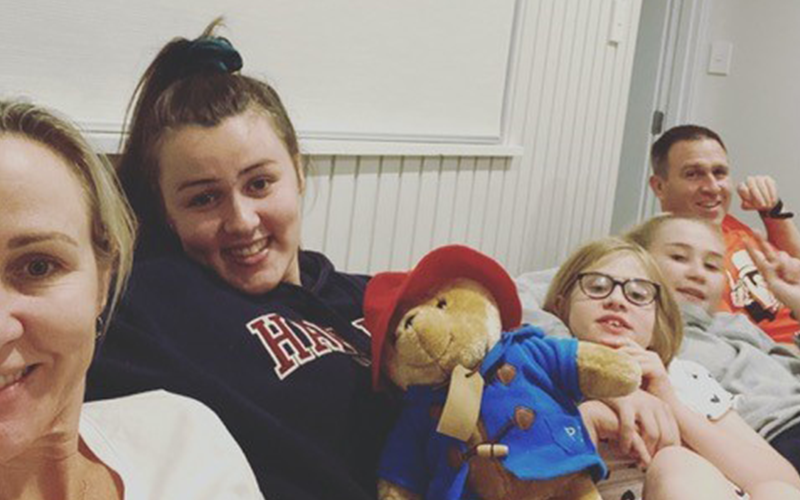Being Autism Awareness Month and also being amongst a Covid-19 Worldwide Crisis I can’t help think of some similarities between the situation we find ourselves in with the lockdown and social distancing. Its what most autism and special needs families are faced with every day.
I am not downplaying the seriousness of the reality of this situation and realise I am one of the privileged and lucky ones with a lovely house, financial security and healthy children.
My heart goes out to those who have lost their lives, their livelihoods and health. I understand there are many essential workers putting themselves at risk to support us and I am in fact grateful I can be in isolation to keep myself and my family safe.
With all of that aside we are not finding the restrictions placed on us as disruptive as others and it’s not all doom and gloom. Autism has already restricted us and many other families in many ways and will long after this crisis has passed.
Social distancing
A lot of people are having to adjust to staying at home and change how they live their lives. This happened a long time ago for us with having a daughter with autism.
We have limits on what we can do as a family. We avoid large gatherings and events where she will become overly anxious due to the noise and number of people. Or we tend to stay away from situations where big and inappropriate reactions and noisy stimming are often not welcomed.
Visiting friends is sometimes difficult. Like taking an inquisitive toddler to a house without any child proofing making it difficult to relax and socialise.
Isla prefers to stay at home the majority of the time as this is her safe haven. This is often easier for us and has become our new norm. As a result this has actually made us closer as a family and we prioritise outings and supporting our other children with the help of carers for Isla.
Isla excels at social distancing. Although she misses school and activities she thinks all her Christmases have come at once!
Being adaptive
Having a child with autism means we are always looking for different ways of living life. We tend to focus on life skills rather than academics. Celebrating the small wins and letting go of the comparisons. Concentrating on what works for us even if outside the social norm.
During these times families are having to be really creative to find out what works best for their families. They may find with life slowing down they have more opportunities to teach life skills such as folding their clothes, cleaning or baking. They may realise these skills are equally as important as the academic ones.
Having a more holistic approach is certainly the case for us. We are extremely fortunate to be within the special education model where this is provided for us every day at school. Also through extra-curricular school activities and holiday programmes.
Other families end up with no choice but to home school their children. They do not fit within the school system set up for neurotypical students or within special education as they do not meet the criteria. They are unable to return to work or have any time to themselves at all. This requires a huge amount of adaption, resilience and is very isolating…all of the time.
Future unknown
For most average people in lockdown the factor driving anxiety is uncertainty and lack of control.
For anyone that has a life changing event in their lives can appreciate this all too well. This includes parents who have had a child diagnosed with a life altering disability. We have had to learn to take one day at a time and not look too far ahead as is too stressful and brings anxiety.
Focusing on the worst case scenario is not a healthy thing to do as I have found out. For me being well informed and putting a plan in place is something constructive I can do to alleviate my anxiety. Also finding things you can control such as helping a friend in need rather than concentrating on your own problems can make you both feel better.
